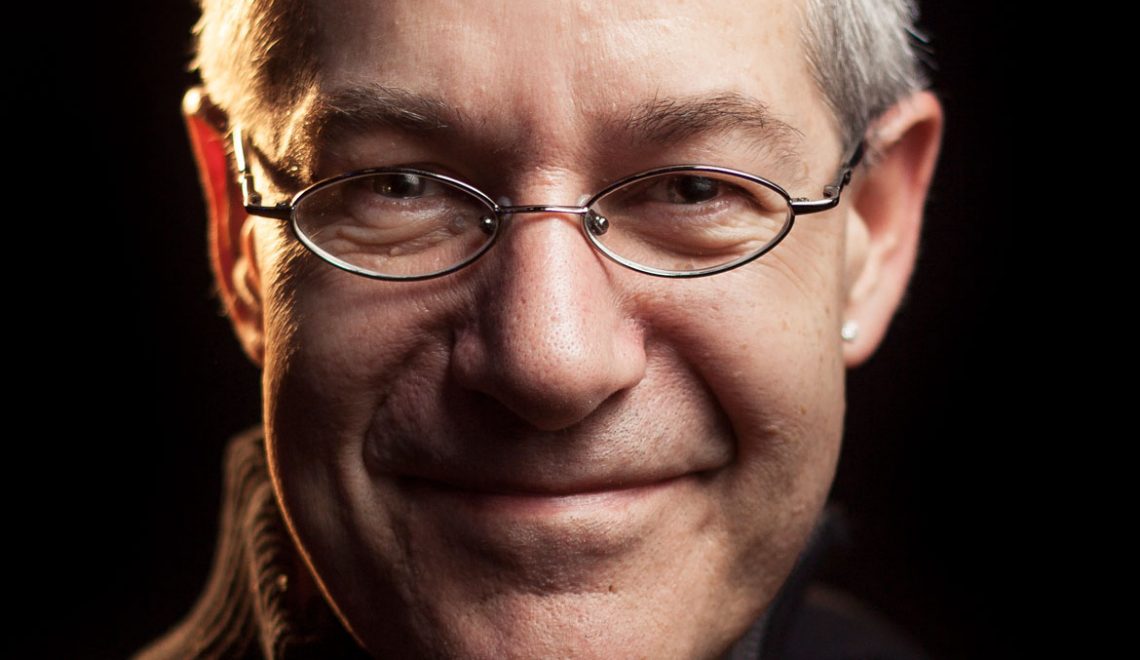
Georgina Mace is Professor of Biodiversity and Ecosystems at University College London (UCL). Previously, she has been the President of the Society for Conservation Biology and President of the British Ecological Society. In addition to that, she has won numerous awards including, the 2007 International Cosmos Prize, the Dr A.H. Heineken Prize for Environmental Sciences and in 2016 she was awarded the Linnean Medal of the Linnean Society. Furthermore, she was elected a Fellow of the Royal Society (FRS) in 2002 and appointed Dame Commander of the Order of the British Empire (DBE) in the 2016 New Year Honours. In this interview, we have touched on a wide range of subjects from her most inspirational lecturer to her favourite books, spoiler alert – one of them is Life Ascending by Nick Lane. It has been a pleasure to speak with Georgina and we hope you enjoy reading about her adventures.
Introduction
Q: What is your dinner party monologue for when someone says “and what do you do?”
A: My answer would depend on who was asking. But assuming that it was a social dinner I would now say that I am a university professor working in ecology and environment.
Early Life
Q: Could you tell us about where you grew up; were you a rural or city dweller?
A: I grew up and went to school in London, I was and am an urban dweller.
Q: What subject(s) did you excel at in school, and which did you find most challenging?
A: I was reasonably good at most subjects but did not excel at any one thing. In my 6th form years, I came to really appreciate the logic in biology and enjoyed greatly studying complex systems. I rather liked the emergence of a pattern from complexity.
Q: Can you recall any reoccurring comments from your school reports?
A: I was very shy and there were many comments that I needed to speak more loudly and more often. I was also very careless, often losing my belongings. I do recall being absolutely baffled at how easily my belongings were lost whereas other people did not have this problem. I have after many years overcome both these problems though not completely.
Q: Did you ever have a eureka moment where you thought, “this is the subject I want to study”?
A: No, not really.
Q: Can you remember the point at which you fell in love with your subject?
A: I think this first happened in my final year as an undergraduate. But over the years it has happened again many times and in different ways.
Academic Education
Regarding your undergraduate studies:
Q: Which University did you study at, and was it your first choice?
A: University of Liverpool.
Q: What undergraduate degree did you study for at University, and in hindsight would you select the same subject again?
A: I graduated in Zoology though I started a more general Biological Sciences degree. Yes, I would select this again as I had great lecturers and what I learned has stood me in good stead since then.
Q: Can you remember a University lecturer who really inspired you?
A: Geoff Parker FRS.
Regarding your postgraduate studies:
Q: What motivated you to further pursue academia?
A: I found I enjoyed science but I did not choose to be an academic. I wanted a PhD so that I could be a professional zoologist but working on practical problems.
Q: What institution(s) did you study at in your pursuit of postgraduate education?
A: University of Sussex.
Q: What was the title of your PhD thesis, and how would you explain your findings to a novice?
A: ‘The evolutionary ecology of small mammals’. I reviewed the variation in ecology and life histories across several hundred species of small mammals (rodents, rabbits and hares mainly) and I showed how their ecology drives consistent differences in growth rates, reproductive patterns and developmental rates but that this is moderated by their evolutionary history in a predictable way.
Q: If you had your time as a student again, what would you do, if anything, differently?
A: I would have liked to have done some field study as well as all the data and literature analysis. Unfortunately, I am not a very good field biologist so maybe this would not have worked out.
Research Focus
Q: Tell us about your current research focus?
A: Currently I am mostly working on trying to understand when and where the loss of biodiversity reaches a point where there are serious or irreversible consequences.
Q: What do you believe is your single most important piece of research?
A: I think that the work that I did with Simon Stuart and with IUCN to develop the criteria for the IUCN red list of threatened species has had the most long-term impact. This system has now been in active use all over the world for 20 years and has led to the consistent prioritisation of certain species and areas with conservation actions resulting. We have shown the conservation impacts of the Red List. However, I think that my best research otherwise has been to sort out conceptually the different ways in which biodiversity loss matters to people, to the economy and to future resilience, and to make small progress in analysing this in real contexts.
Q: Within your area of study, what breakthroughs are on the horizon?
A: I think we are close to getting a much more inclusive and comprehensive understanding of biodiversity and its change through a combination of new technologies (remote sensing, biosensors, high throughput genetic sequencing), improved statistical and modelling tools, and much better collaboration among teams of researchers. This will transform our understanding in a few years.
Q: Let your imagination take over for a minute and tell us what you hope your successors will be researching in 2116?
A: I think the information hidden in genomes will be transformational – but maybe sooner than 2116.
Q: What do you feel your professional legacy will be?
A: The IUCN Red List criteria will be around for a while.
Current Projects
Q: Are you working on any extra-curricular projects at the moment, such as: books, podcasts, websites, or speaking?
A: Nothing new though I am trying to clarify in popular terms the concept of natural capital and its proper integration into the economic assessment. This could be a popular communication and should be useful for policy-makers.
Advice and Tips
Q: If you could give your 18-year-old self one piece of advice, what would it be?
A: Do what you are good at and enjoy, then build your future around those things.
Q: What advice would you give someone looking to start, or progress his or her career in your field?
A: Try to get wider experiences than the actual course of study you are engaged in. Learn from other activities and organisations and from people or organisations that you see doing things well.
Q: Which book would you say has had the biggest impact on your life?
A: Charles Darwin Origin of Species.
Q: If you could recommend one book to a novice in your field, what would it be?
A: I can’t come up with one book. But I really recommend Nick Lane’s ‘Life Ascending’ as a great introduction to evolutionary biology. I have just read ‘The Invention of Nature’ by Andrea Wulf which I also enjoyed greatly.
Thinking freely means looking at it differently and this is quite often the start of seeing things in a new way.
Q: Why do you think being a freethinker is important?
A: Sometimes it is easy to get stuck into how a system or a problem is viewed, and so not progress is made. Thinking freely means looking at it differently and this is quite often the start of seeing things in a new way that enables new insights.
Conclusion
Q: And finally, we are back at the dinner party. Someone offers you a drink, what do you ask for?
A: I really like tonic water. I am not a big drinker of alcohol so that with a slice of lemon or lime is to me a great drink!
If you’d like to find out more about Professor Dame Georgina Mace you can check out her academic profile, Twitter page, Royal Society profile and Wikipedia page.
Feature photo by KNAW Koninklijke [CC BY 2.0], via Flickr.
Advertisement









